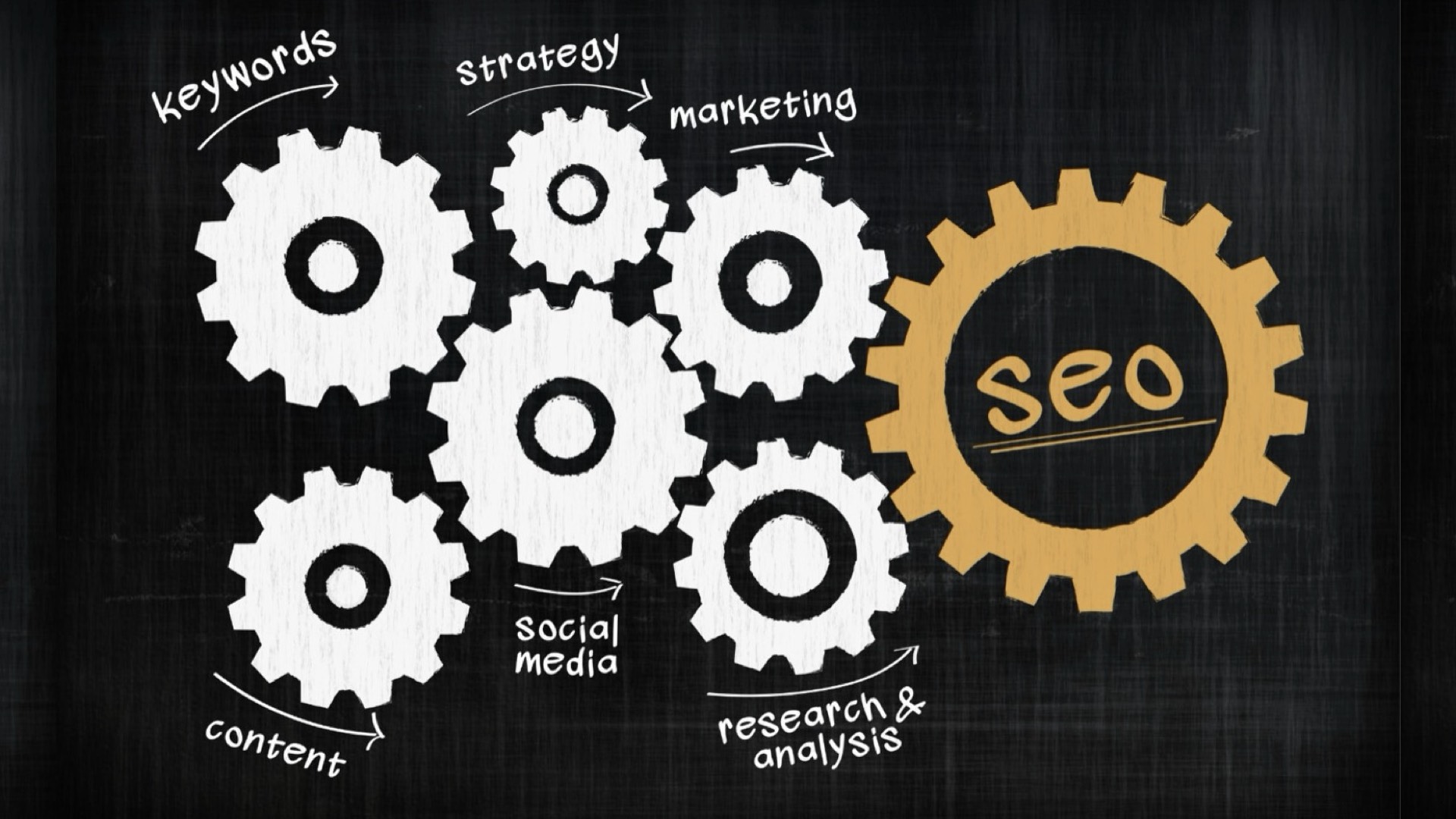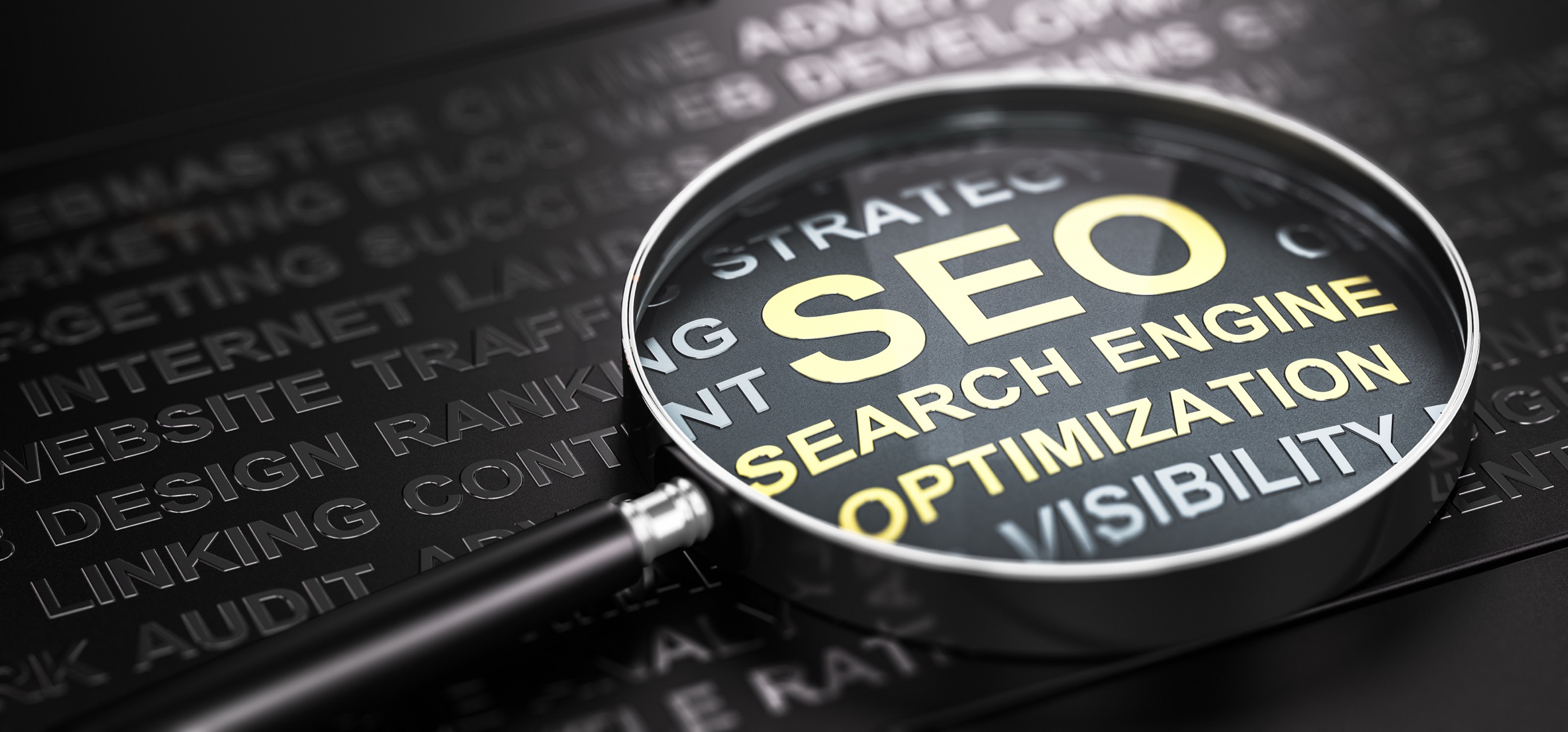
SEO tools vs. real optimization: Why scores alone don't sell
"Do SEO, then you'll be found!" - and bang: PageSpeed, SEMrush, Ahrefs, Yoast are fired up. But rankings and leads are not generated by tool scores, but by Strategy, content quality and user experience sEO tools provide data - you have to decide based on your target group and business goals.
What you take away from this article
- ✔ Why SEO tools are helpful - but cannot replace a strategy
- ✔ Which "errors" are often not real problems
- ✔ Why 100/100 in Google PageSpeed Insights counts as a technical foundation
- ✔ How to use tools properly without driving yourself crazy
Why SEO tools often confuse more than they help
Tools evaluate according to rigid rules. But SEO is more than just math: it's about Search intent, content relevance, UX and conversion.
- ❌ "Text difficult to understand" - readability scores ignore context and logic
- ❌ "Too few keywords" - natural language & search intent beat keyword density
- ❌ "Meta description missing" - Google often generates its own snippets
- ❌ "H1 missing" - The decisive factor is the semantic structure not only the day
- ❌ "Loading time 97/100" - Perfection is not always necessary;Consistency and UX count
➡Note: Tools always find something - that's what they're built for. The decisive factor is what is really important for your users.

These SEO tools are really useful (and how you use them)
- 1️⃣Google PageSpeed Insights- Target:100/100 as a stable technical foundation (core web vitals, clean assets, image/font optimization)
- 2️⃣Google Search Console- The direct line to Google (queries, clicks, indexing, errors)
- 3️⃣Lighthouse (Chrome DevTools)- Performance, accessibility, SEO & best practices in detail
- 4️⃣Screaming Frog- Crawl like Google: Broken links, duplicate content, internal linking
- 5️⃣Ahrefs/SEMrush- Backlinks, keywords, competition (useful, but not always necessary)
How to use SEO tools without the stress of optimization
- ✔Prioritize: Technology & performance first (PageSpeed/CWV) - then content & UX
- ✔Intention > Density: Write for questions/problems of your target group, not for scores
- ✔Measure, don't guess: Monitor GSC data, conversions, dwell time, SERP CTR
- ✔Iterate: Test hypotheses (title/CTA/structure) → measure → improve
What really counts for sustainable SEO
- ✅Clean technology & performance(strong CWV; target 100/100 PageSpeed)
- ✅High-quality content(clearly structured, true to search intention, real answers)
- ✅Good user guidance(navigation, internal links, mobile UX, clear CTAs)
- ✅Real backlinks(Relevance, mentions, partnerships - no purchased links)
Conclusion & CTA
SEO tools are Helper- are not a solution. They measure numbers but don't understand users. VELUNO focuses on a real SEO strategy: technical foundation, content, UX and conversions instead of blind tool-following.
- 🚀 Strategy instead of score: visibility that brings customers
- 🔧 Technical foundation: fast, stable, scalable
- 📈 Optimize measurably: from query → click → lead
Ready? Let us optimize your website so that it really performs.
FAQ
Are SEO tools really necessary?
They are helpful for analysis, but do not replace a strategy. Use them for technical/content signals - decide based on search intent, UX and goals.
Which "errors" do tools often falsely indicate as critical?
- Missing/overwritten meta descriptions (Google often generates snippets itself)
- Low keyword density (natural language is more important)
- Readability warnings without context
- "H1 missing" despite clean semantics/structure
Why is 100/100 important for Google PageSpeed Insights?
It ensures a strong technical foundation (loading time, CWV, code quality). This improves UX, conversion opportunities and can have a positive impact on rankings.
Which SEO tools are really useful?
- Google PageSpeed Insights & Lighthouse
- Google Search Console
- Screaming Frog
- Optional: Ahrefs/SEMrush for backlinks & research
Why can't you optimize SEO with tools alone?
Tools deliver scores, not a strategy. Successful SEO is based on relevant content, clean technology, good UX and genuine authority.
What are the most common mistakes when using SEO tools?
- Blindly following tool checklists
- Optimizing for scores instead of users
- Neglect of loading time, mobile UX and content quality
How do I use SEO tools correctly?
As a diagnostic tool: prioritize technology/performance, align content with search intent, measure results in the Search Console and iterate.
